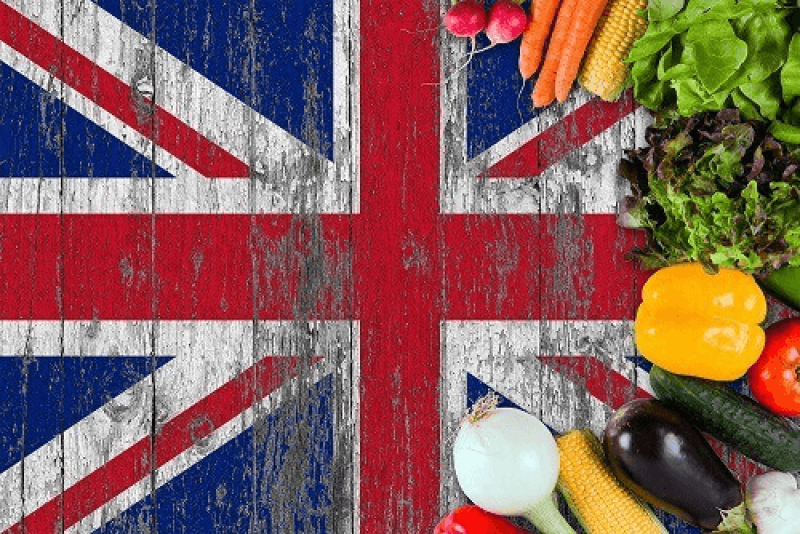If you had the power to cut food prices and carbon emissions and improve animal welfare in a single stroke, would you do it? That’s the question Parliament is poised to answer as it debates the merits of the Precision Breeding Bill.
If passed, the legislation would authorise the commercial use of gene-editing tools such as CRISPR-Cas9 that allow scientists to make precise edits to the DNA of plants and animals widely consumed as food. Unlike earlier transgenic technology, used to produce “GMOs”, precision breeding does not move DNA between different species.
As I argue in the IEA’s latest Discussion Paper, Harvest time: Why the UK should unleash the power of gene editing, the bill is a monumental first step toward unleashing the power of biotechnology on England’s agricultural sector. However, policymakers should accelerate this progress by approving the commercial production of transgenic (GMO) products as well.
Since 1996, the cultivation of GMOs has cut pesticide use by 748.6 million kilograms and agricultural CO2 emissions by 23,631 million kilograms. Along the way, farmers who grew these enhanced plants earned an additional $261.3 billion. Each year the UK denies farmers access to GMOs, they lose somewhere between £65 million and £82 million. Since 1996, that amounts to nearly £2 billion in losses.































